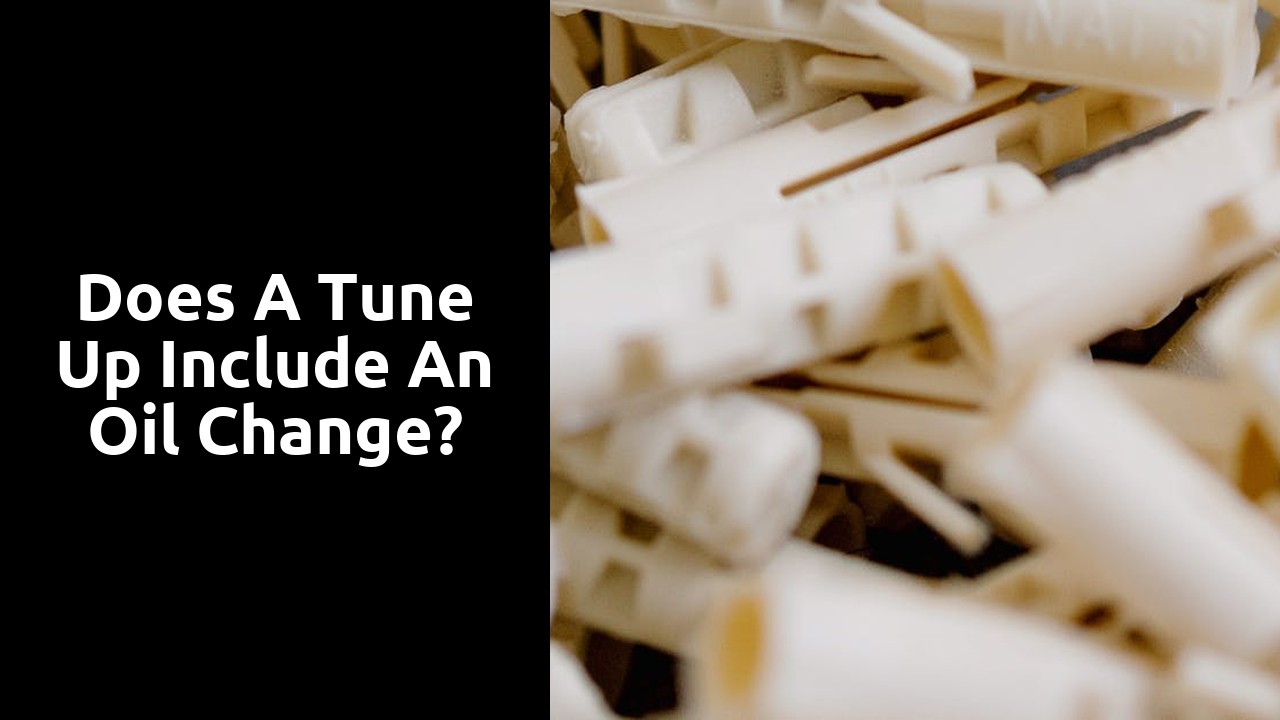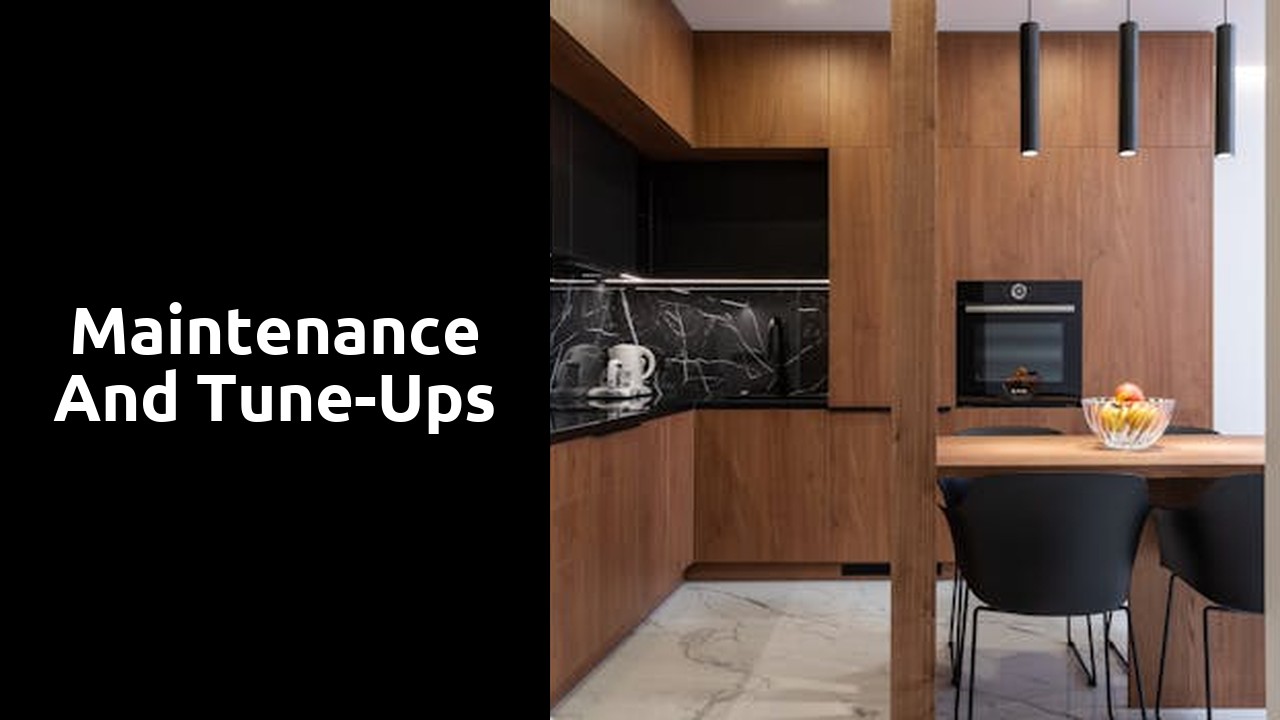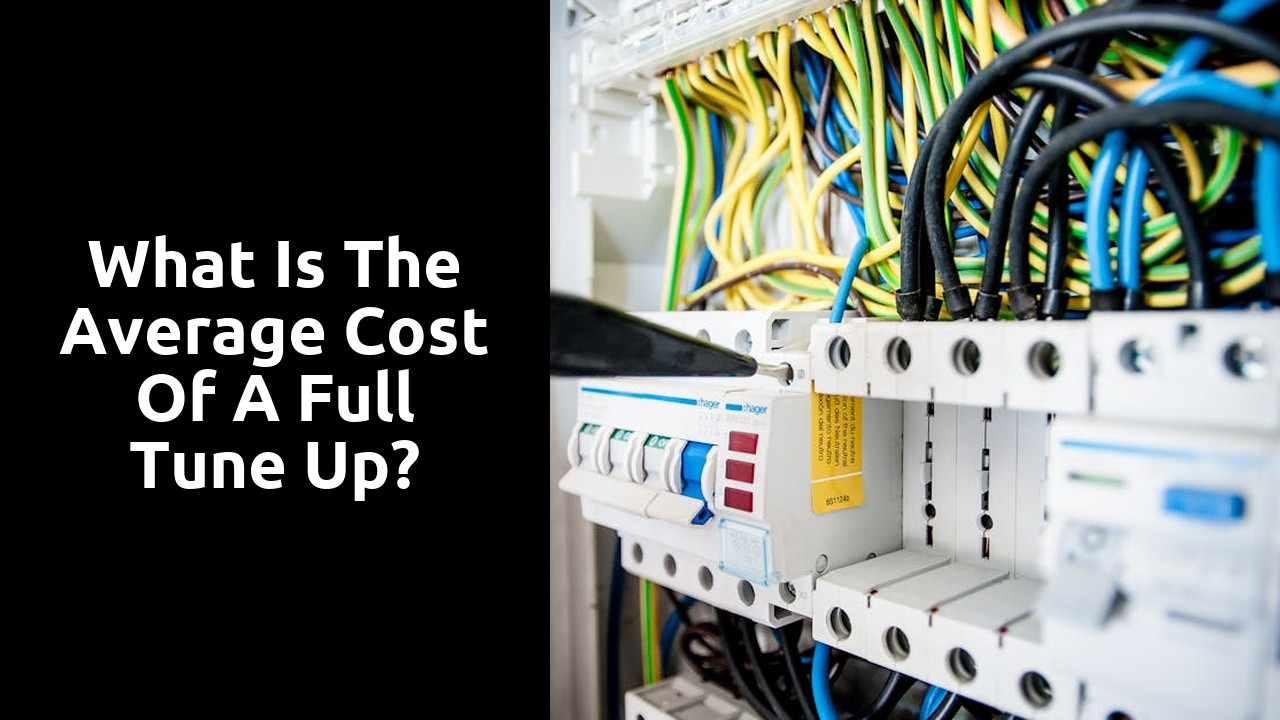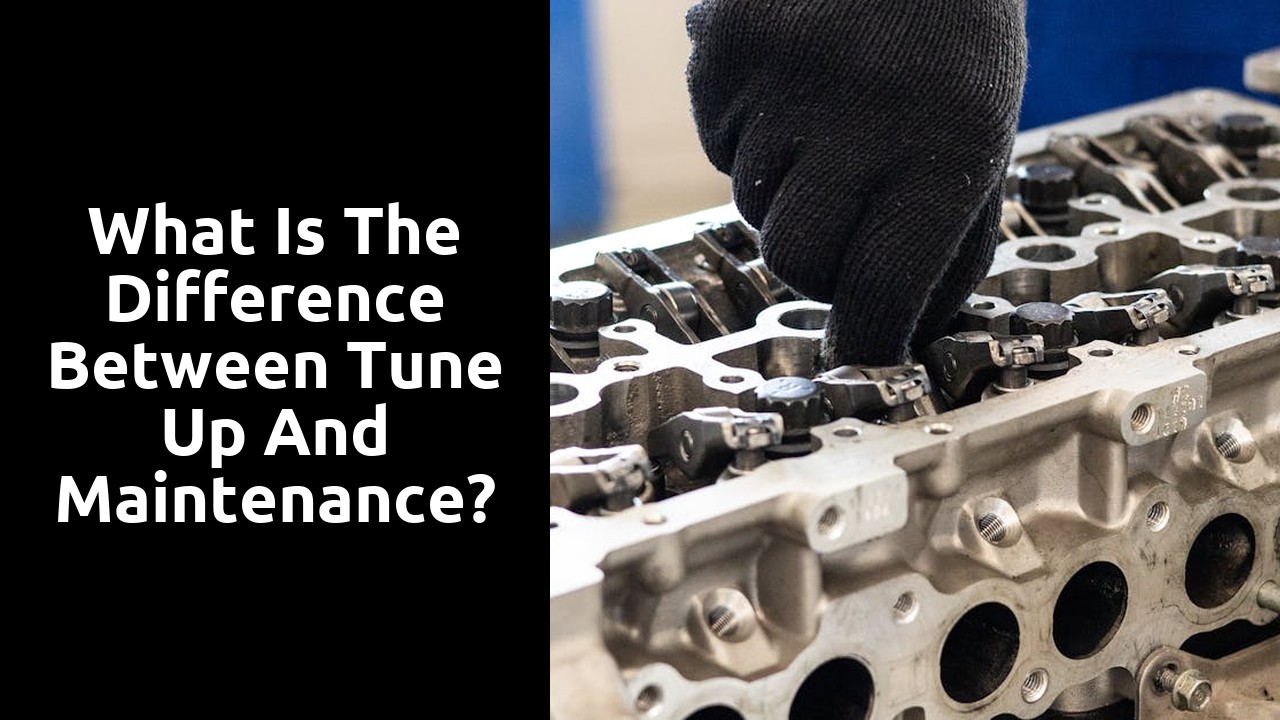
Signs That Indicate Your Vehicle Needs a TuneUp
When it comes to ensuring your vehicle runs smoothly and efficiently, it's essential to pay attention to signs that indicate it may be time for a tune-up. One of the most common indicators is a decrease in fuel efficiency. If you notice that your vehicle is guzzling more gas than usual, it could be a sign that your engine needs some attention. Another red flag is if your car is experiencing issues starting or idling roughly. These symptoms could point to problems with the spark plugs, filters, or other components that may need to be addressed. If you're in the Nutwood, Anaheim area, bringing your vehicle to a trusted auto shop like Nutwood, Anaheim Maintenance and Tune-Ups can help diagnose and resolve any issues efficiently.
Furthermore, strange noises or vibrations while driving can also be signals that your vehicle requires a tune-up. Squealing brakes, grinding sounds when shifting gears, or vibrations in the steering wheel could all signify underlying issues that need to be handled. Additionally, if you notice a decrease in overall performance, such as sluggish acceleration or a lack of power, it's essential to have your vehicle inspected promptly. Regular tune-ups at Nutwood, Anaheim Maintenance and Tune-Ups can ensure that your vehicle continues to operate at its best and help prevent more severe problems down the road.
What are the Warning Signs of a Vehicle in Need of a TuneUp?
Most vehicles will exhibit specific signs when they are due for a tune-up. If you notice that your car is experiencing rough idling, stalling, or a decrease in fuel efficiency, it might be time for a tune-up. Additionally, if your vehicle is struggling to start, misfiring, or displaying a warning light on the dashboard, these can all indicate the need for a tune-up. Seeking regular maintenance from a trusted auto mechanic will help keep your vehicle in optimal condition and prevent more severe issues down the road. Residents in West Anaheim, Anaheim Maintenance and Tune-Ups can rely on the expertise of professionals to ensure their vehicles are running smoothly and efficiently.
DIY TuneUp vs. Professional TuneUp
When considering whether to opt for a do-it-yourself (DIY) tune-up or seek the expertise of a professional, various factors come into play. DIY tune-ups can be cost-effective for individuals who have some level of mechanical knowledge and experience working on vehicles. By performing the tune-up yourself, you can save money on labor costs while gaining a sense of accomplishment. However, it is important to note that DIY tune-ups come with the inherent risk of errors, which could potentially lead to more significant issues down the road. For those who are unfamiliar with the intricacies of vehicle maintenance, hiring a professional is often the safer choice. Professionals, such as those in the Anaheim Resort District, Anaheim Maintenance and Tune-Ups, possess the skills, knowledge, and tools necessary to conduct thorough tune-ups effectively and efficiently. By entrusting your vehicle to a professional, you can ensure that the job is done correctly and that any underlying issues are properly addressed, potentially preventing costly repairs in the future.
Is it Better to Perform a TuneUp Yourself or Hire a Professional?
If you're pondering whether to perform a tune-up yourself or seek the expertise of a professional, several factors come into play. When you opt for a DIY tune-up, you have the advantage of potentially saving money on labor costs, as well as gaining a deeper understanding of your vehicle. However, the downside is that you may lack the specialized tools and knowledge that a professional at Country Club, Anaheim Maintenance and Tune-Ups possesses, which could lead to overlooked issues or incorrect adjustments.
On the other hand, choosing a professional tune-up at Country Club, Anaheim Maintenance and Tune-Ups can provide peace of mind knowing that your vehicle is in the hands of trained technicians with the right tools and experience. Professionals can accurately diagnose any underlying problems, ensure all components are properly adjusted, and use the correct parts for replacements, promoting optimal performance and longevity of your vehicle.
Frequency of TuneUps for Different Vehicles
Tune-ups are essential for the smooth operation and longevity of vehicles. The frequency of tune-ups varies depending on the type of vehicle and its specific needs. For most modern cars, it is recommended to have a tune-up every 30,000 to 100,000 miles. However, older vehicles or those that are used frequently may require more frequent tune-ups to maintain optimal performance. In Peralta Hills, Anaheim, maintenance and tune-ups are crucial to ensure that vehicles are running efficiently and to catch any potential issues before they escalate.
When it comes to trucks and SUVs, tune-ups are equally important. These larger vehicles often have more complex systems that can benefit from regular maintenance. Truck and SUV owners should consider having a tune-up every 30,000 to 60,000 miles to address any issues and keep their vehicle running smoothly. Peralta Hills, Anaheim Maintenance and Tune-Ups are well-equipped to handle the unique needs of trucks and SUVs, providing expert services to keep these vehicles in top condition.
How Often Should Different Types of Vehicles Receive a TuneUp?
Different types of vehicles require tune-ups at different intervals to ensure optimal performance and longevity. Experts typically recommend that most cars receive a tune-up every 30,000 miles or every two years, whichever comes first. However, high-performance vehicles or those that endure frequent stop-and-go city driving might benefit from more frequent tune-ups, such as every 15,000 miles or annually. At Nutwood, Anaheim Maintenance and Tune-Ups, our experienced technicians can assess your vehicle and recommend a personalized tune-up schedule based on its make, model, and usage patterns.
For trucks and SUVs, tuning up these larger vehicles is crucial to maintaining their power and efficiency. These vehicles are often subjected to heavier loads and rougher terrains, necessitating more frequent maintenance. As a general guideline, trucks and SUVs should receive a tune-up every 60,000 miles or every three years. However, if you frequently tow heavy loads or take your vehicle off-road, it is advisable to consult with the experts at Nutwood, Anaheim Maintenance and Tune-Ups for customized recommendations tailored to your specific driving habits and vehicle requirements.
FAQS
Does a tune-up include an oil change?
While a tune-up typically involves inspecting and replacing certain components of the vehicle's engine to ensure it is running smoothly, an oil change is a separate service. However, it is common for oil changes to be performed along with a tune-up as part of regular maintenance.
What is included in a typical tune-up?
A typical tune-up may include replacing spark plugs, filters, inspecting ignition system components, checking and adjusting engine timing, and ensuring all systems are functioning properly. It focuses on optimizing the performance of the engine.
How often should I get a tune-up for my vehicle?
The frequency of tune-ups can vary based on the age of the vehicle, its mileage, and the manufacturer's recommendations. As a general guideline, it is recommended to get a tune-up every 30,000 miles or as advised in the owner's manual.
Can I perform a tune-up myself or should I hire a professional?
While some aspects of a tune-up can be DIY, such as replacing air filters or spark plugs, certain tasks require specialized tools and knowledge. For a comprehensive tune-up, especially for modern vehicles with complex systems, it is advisable to seek the expertise of a professional mechanic.
Is a tune-up necessary if my vehicle is running smoothly?
Even if your vehicle is running smoothly, regular tune-ups are essential for preventive maintenance and to address any underlying issues before they escalate. A tune-up can help improve fuel efficiency, extend the life of your vehicle, and ensure optimal performance.




